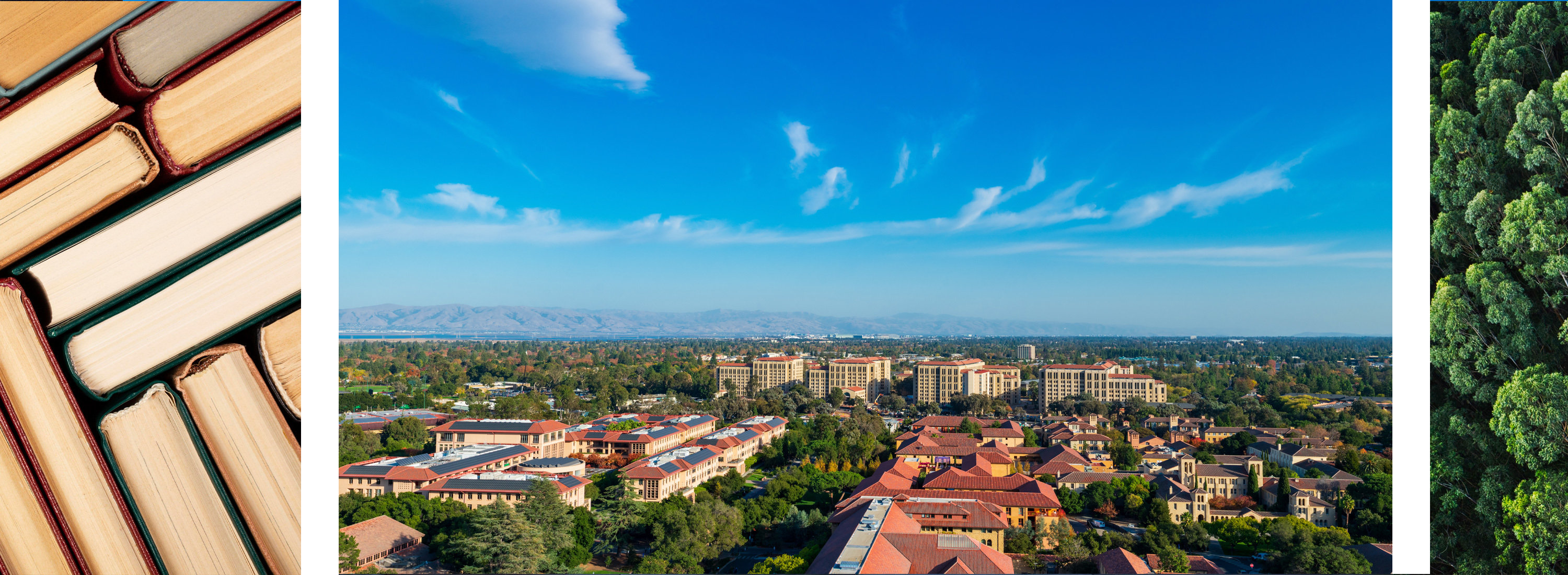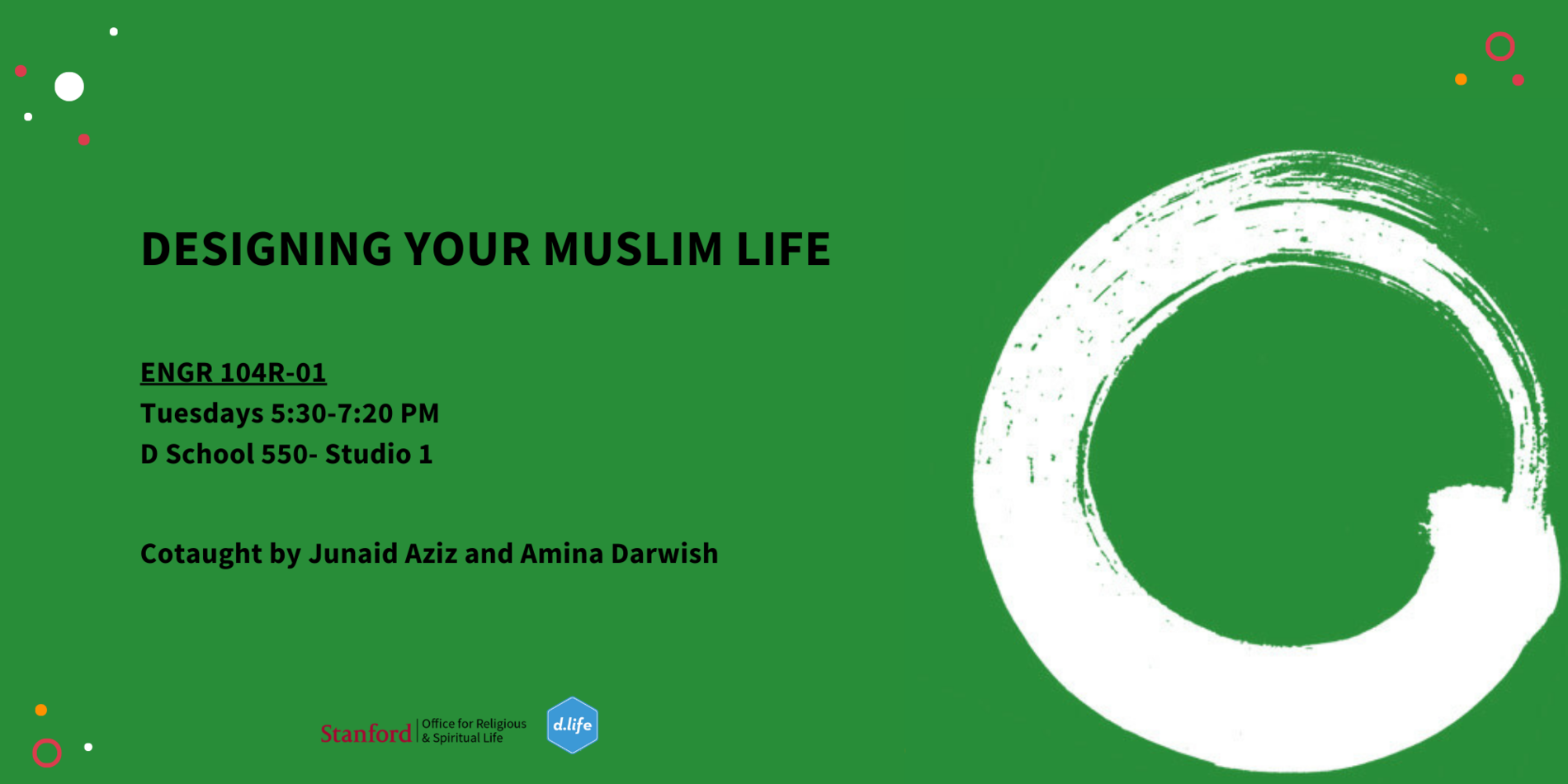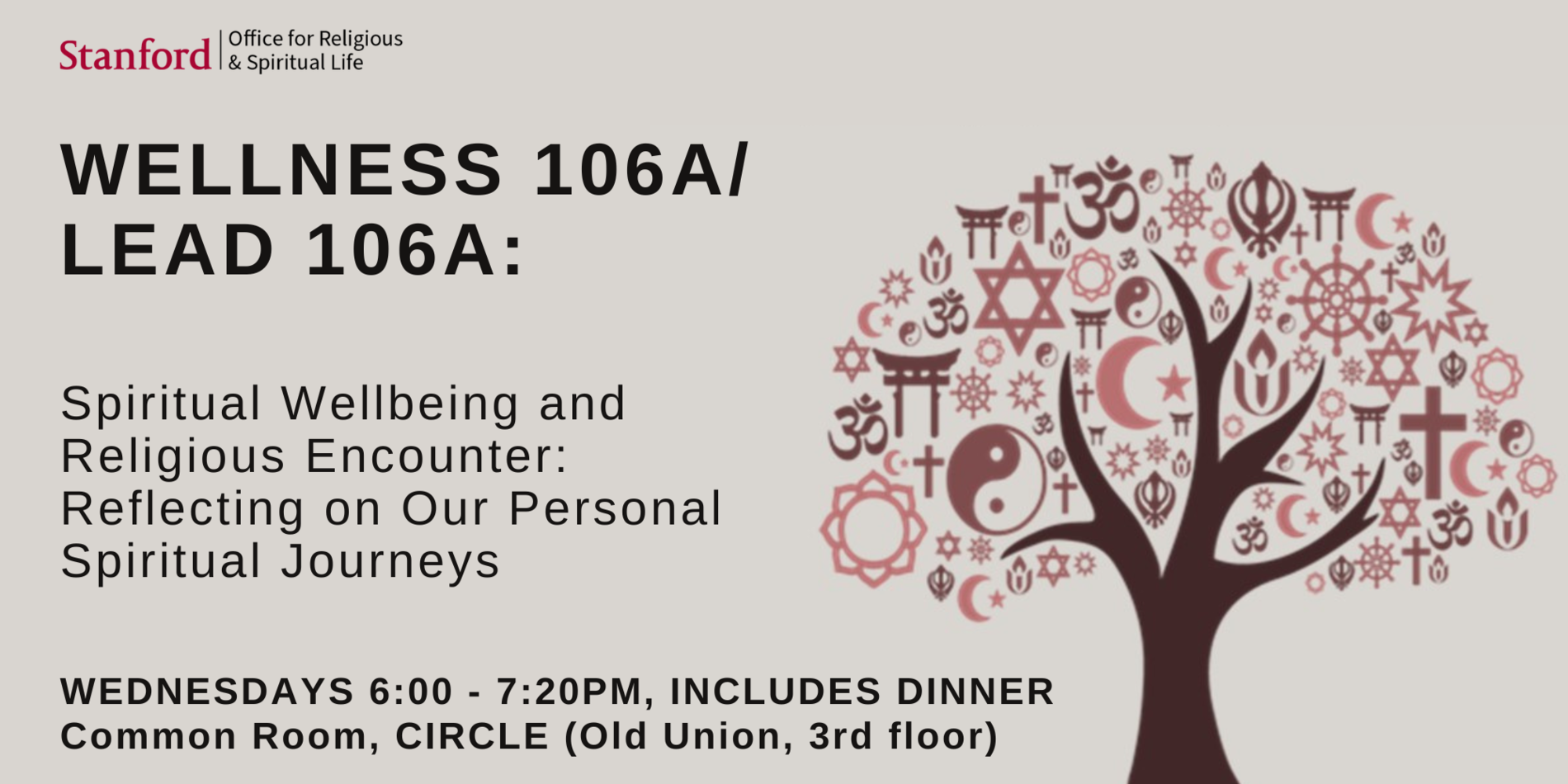ORSL Courses
Find out more information about the courses offered by the Office for Religious & Spiritual Life.
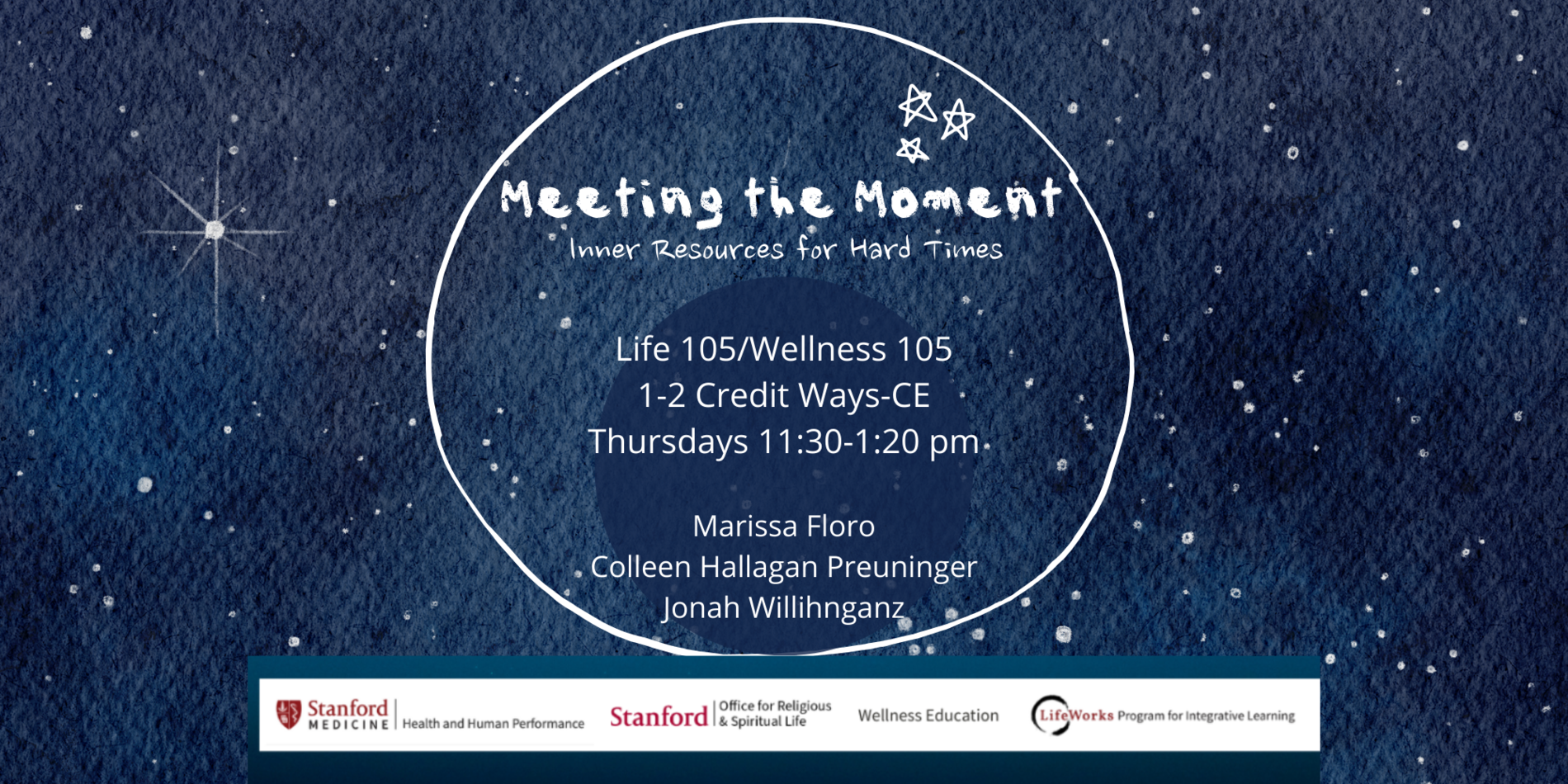
WELLNESS105/LIFE105 - Meeting the Moment: Inner Resources for Hard Times
Thursdays 11:30-1:20 pm
DINKG10 (Winter 2024)
Instructors: Marissa Floro, Colleen Hallagan Preuninger, Jonah Willihnganz
In the face of social, economic, environmental, and public health upheavals, many of us are experiencing an unprecedented degree of uncertainty, isolation, and stress affecting academic and day-to-day life. Challenging times ask us, in a voice louder than usual, to identify sources of strength and develop practices that sustain and even liberate. In this experiential, project-oriented class: Explore practices to find true ground and enact positive change for self and community; Cultivate natural capacities of presence, courage, and compassion; Develop resources to share with one another and the entire Stanford community.
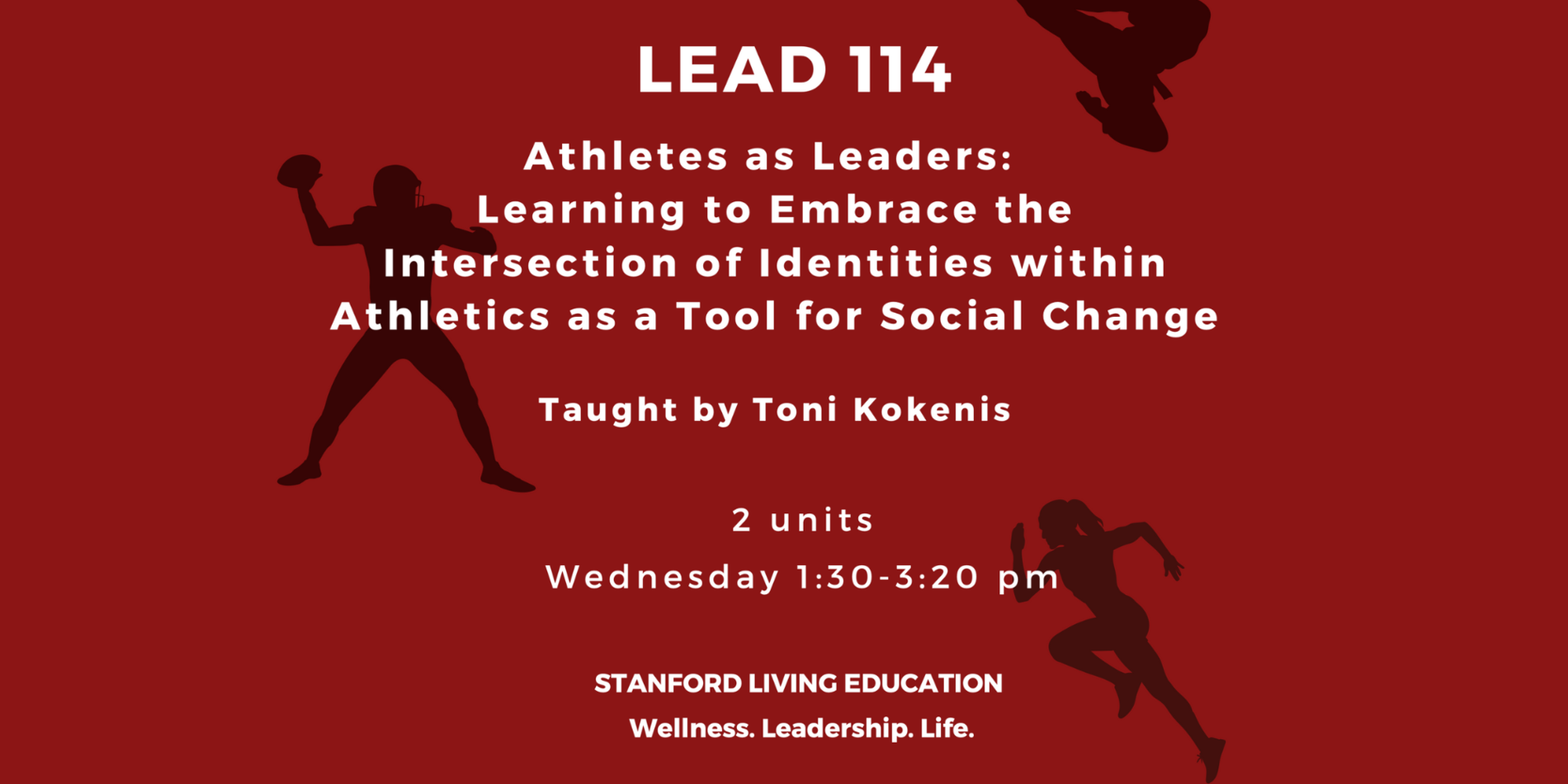
LEAD 114 - Athletes as Leaders: Learning to Embrace the Intersection of Identities with Athletics as a Tool for Social Change
Wednesdays 1:30-3:20 pm
CIRCLE Seminar Room (Third Floor of Old Union, Room 301)
Instructors: Diane Friedlaender, Toni Kokenis
Calling all athletes! Explore who you are beyond your athlete identity and discover your leadership potential. How have the visible and invisible identities you carry shaped your athlete experience? What opportunities for leadership does your platform as an athlete provide?

URBANST 127A - Community Organizing: People, Power & Change
Thursdays, 3:00 - 5:50 PM
CIRCLE Seminar Room (Third Floor of Old Union, Room 301)
Instructors: Toni Kokenis, Rabbi Laurie Hahn Tapper
Organizers ask three questions: who are my people, what challenges do they face, and how can they turn their resources into the power they need to meet these challenges? Organizing requires leadership: accepting responsibility for enabling others to achieve shared purpose in the face of uncertainty. Organizers identify, recruit, and develop leadership; build community around that leadership; and build power from the resources of that community. In this fellowship course, students will build their coaching and leadership skills to support other students in the craft of community organizing. Students will be introduced to the five core leadership practices: public narrative, building relationships, structure, strategy, and action. In the first module, students will learn what coaching is and how to coach one another through leadership challenges. We will then focus on public narrative in the context of organizing. Students will learn to tell their own public narrative, coach one another on their public narratives, and learn how to use public narrative to analyze responses to leadership challenges. Students will receive the opportunity to coach other students at a public narrative workshop week 4 of the quarter. We will build off of the knowledge and skills students gain in the first module by diving into the remaining leadership practices: relationships, structure, strategy, and action. Students will apply the organizing principles by viewing the fellowship experience as a campaign - who is our constituency? What is our strategic goal? How will we reach it? Students will leave the retreat with a draft of our collective strategic plan. In the remaining three sessions, students will take the lead in facilitating and practicing the activities and skills modeled during the retreat in preparation for coaching at the Winter Intensive.
